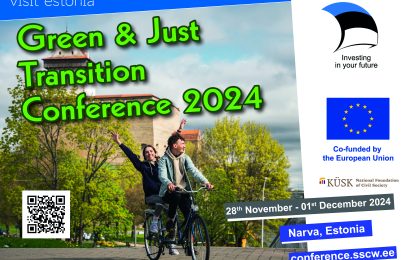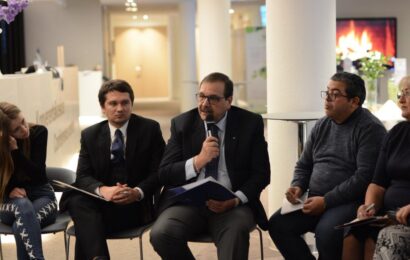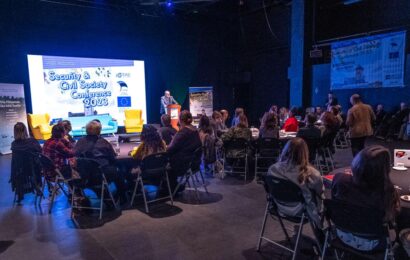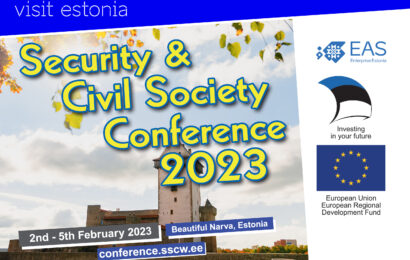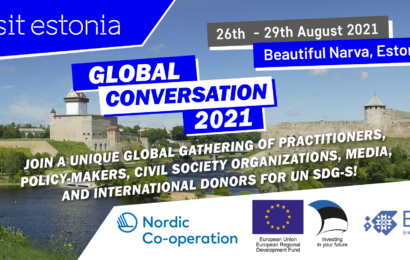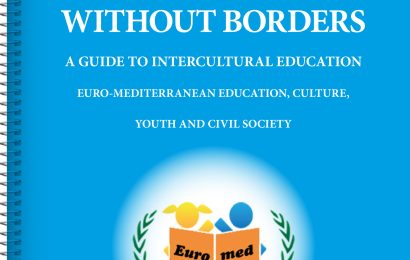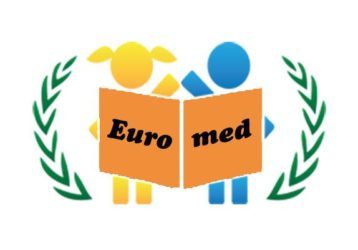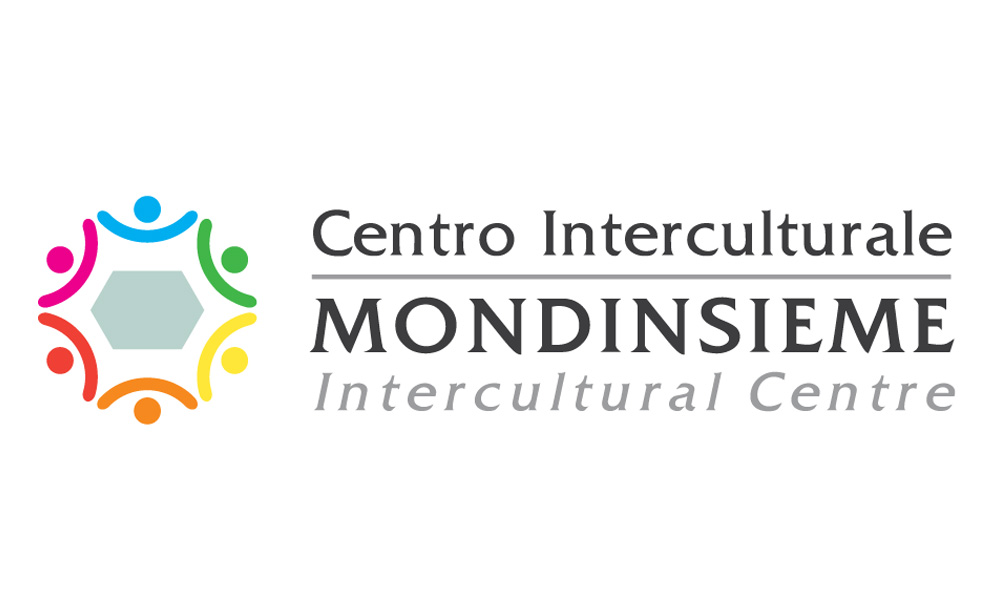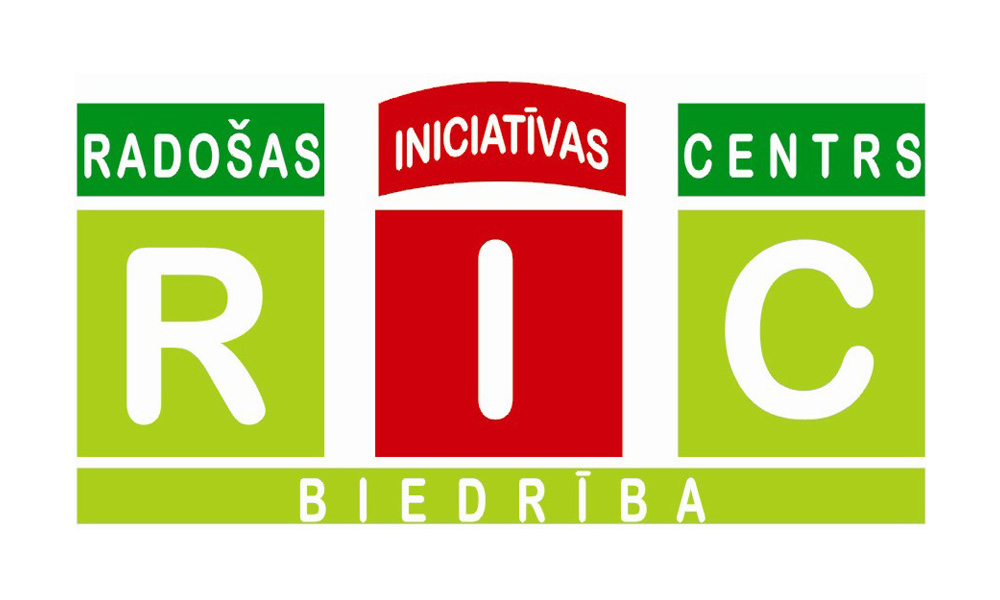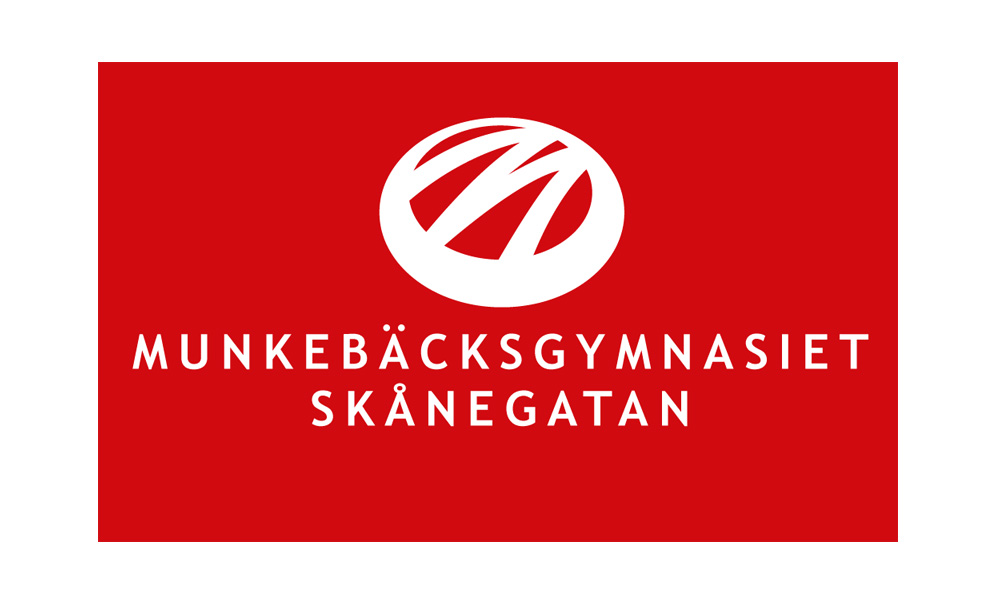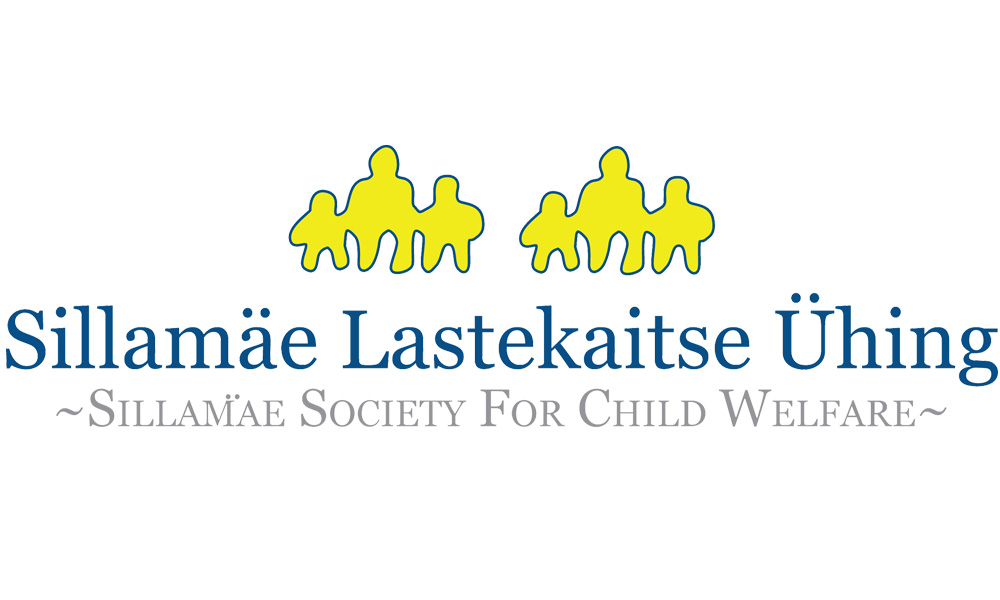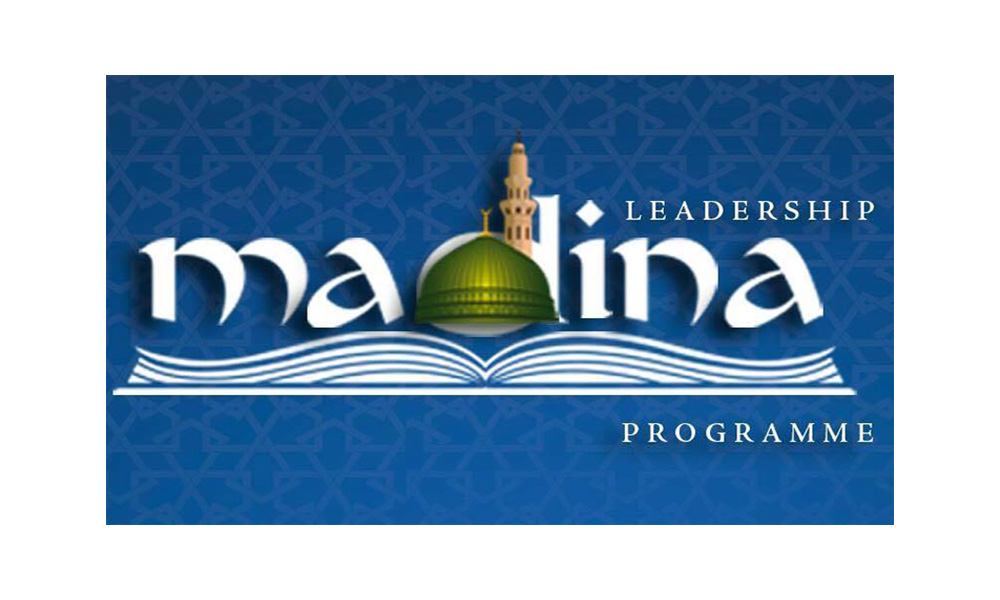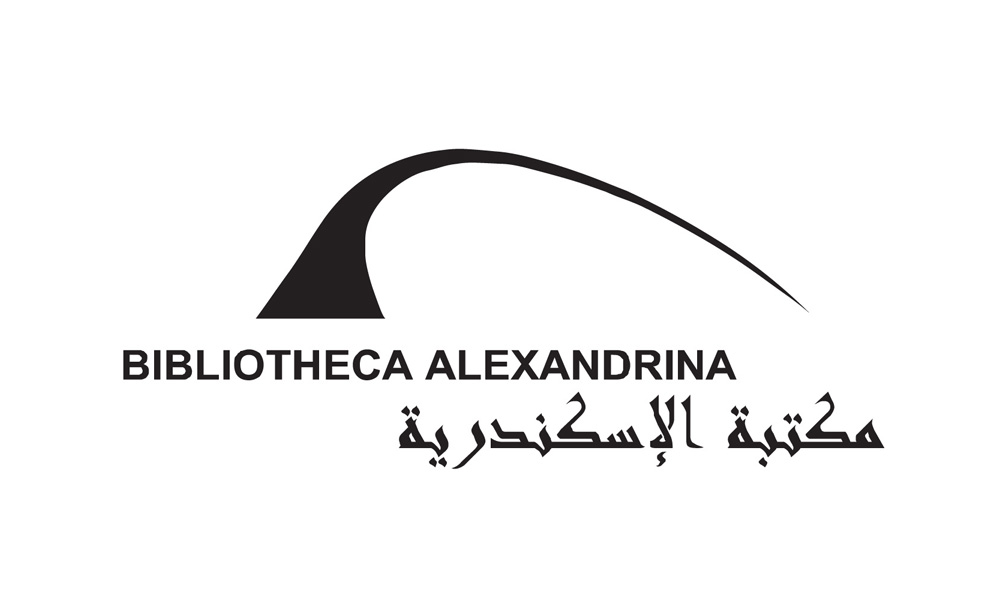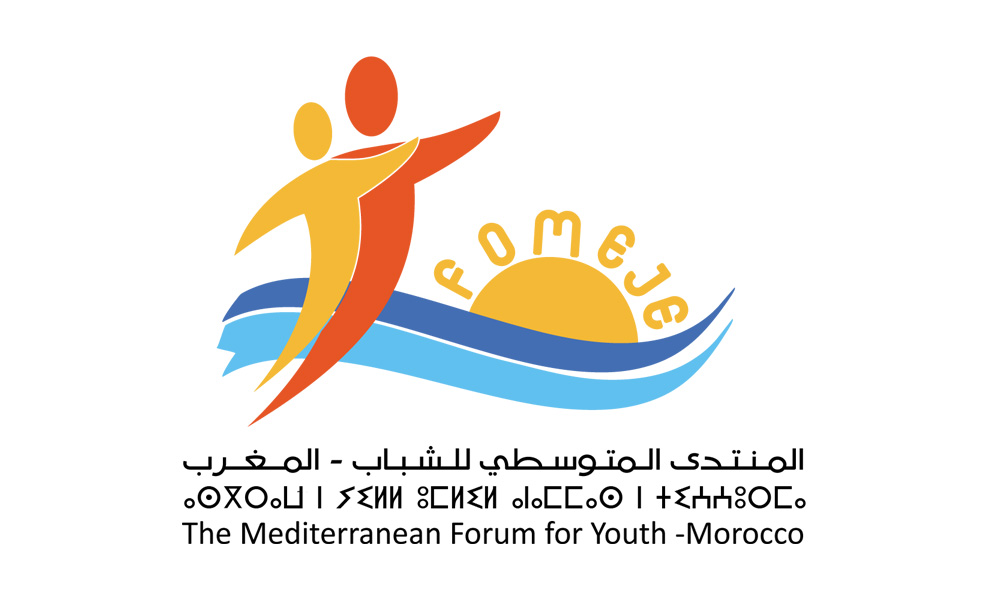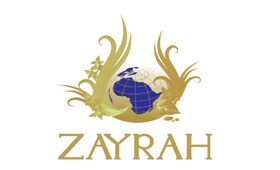Home

EuroMeduc Network is happy to annonce that on the 4-7th December 2025 in Estonia, we will conduct in partnership with Green Habito Network a joint annual Security and Civil Society Conference 2025, under titel “The impact and effectiveness of development aid on European security in time of turbulence”.
This time the conference is organised by Peace Child Estonia with Sillamäe Society for Child Welfare under the auspices of EuroMeduc and Green Habito networks.
The main goal of the conference is to explore the the impact of development aid on European security and discuss scenarios how to achive peace and security in regional conflicts through international cooperation.
Also the goal of the conference, with the support of renowned experts and speakers in the fields, is to try to adequately understand and decipher today’s exceptionally effective and large tangle of crises – to better understand the causes of its emergence and effects for society, which have already arisen and provide explanations for the tense situations that will predictably arise by increasing the awareness of civil society and cooperation with the state and private sectors. If necessary, objectively (condemn) and constructively criticize what is happening unfairly. At the same time, to pass on enough discouragement to encourage the people of Europe and Estonia and to calm the society, which would be expressed in straightforward messages that carry the security of the society and actions that protect peace.
At this conference, the DAD (Development Aid Declaration) will be finalised and approved, together with networking plans, which will be submitted to the European Commission, International Institutions, international and governmental organizations, media and various of thematic networks who is working on achievement of peace, security, democracy, rule of law and support of CSOs in Build Resilient Societies.
In particular, the conference will focus on how to translate political promises and agreements into action, focusing on the implementation process and sharing lessons learnt from achievements to date with both local and international guests.
It is important to foster cooperation and to create functioning networks for development cooperation, between NGOs and government representatives, as well as between businesses, creating a platform for joint initiatives and projects that would increase the Estonian and European contribution to global development cooperation, sharing the experiences of different actors.
The main themes
1. Global challenges and their implications for Estonia and Europe
2. Development policy and aid in 2025: needs, challenges and expectations
3. The future of development cooperation in turbulent times: possible scenarios
4. The role of local governments and civil society organizations in building resilient societies
Target group
We inviting all interested individuals, representatives from public, private and civil society sectors whose work is connected directly or indirectly with politics, civil society, development cooperation, security questions, media, peace promotion etc. We welcome youth organisations, educational institutions, community leaders, academics, researchers, legislators, planners and policy specialists in all relevant areas, representatives from International institutions, intergovernmental organisations, governments, ministries or departments, international donors, national and regional human rights organisations. For international participants a total of 100 places are available.
The programme
The conference will include an intensive programme of high-level discussions, plenary lectures and speeches, panel discussions, workshops, study visits, a round table and Working groups in World Café discussions formate involving all participants, development of the civil society and joint international stakeholders appeal (declaration) to the international community. Participants will be expected to share their experience – and emphasise to younger participants and CSOs their perspectives on the ‘art of the possible.’ They will also be expected to deliver targets and action ideas for implementation at local, national and international levels. The focus will be to contribute effectively to sustaining peace in regions, promote peaceful and inclusive societies for sustainable development by and spreading knowledge and outcomes to CSOs, research and political institutions, communities and individuals involved back in their home countries.
Registration
The delegates are invited to participate in Security and Civil Society Conference 2025 by submitting their applications latest by 20th November 2025
Early bird participation fees is up to 20% dicsount from their participation fee. The early bird discount (use code: DEVSEC25) for in-person participation in the conference will be available until the end of October 31st 2025.
Registration Fee Early bird: 220 EUR for foreign delegates
Registration Fee regular: 275 EUR for foreign delegates
Foreign delegate package includes a 3-day conference, 3 nights accommodation (in Toila or near by hotels), meals in frame of the event agenda, local transportation, materials and evening/cultural programme (spa visit).
If you have any question please send us a letter conferece@euromeduc.com or by phone +30 6948278995.

